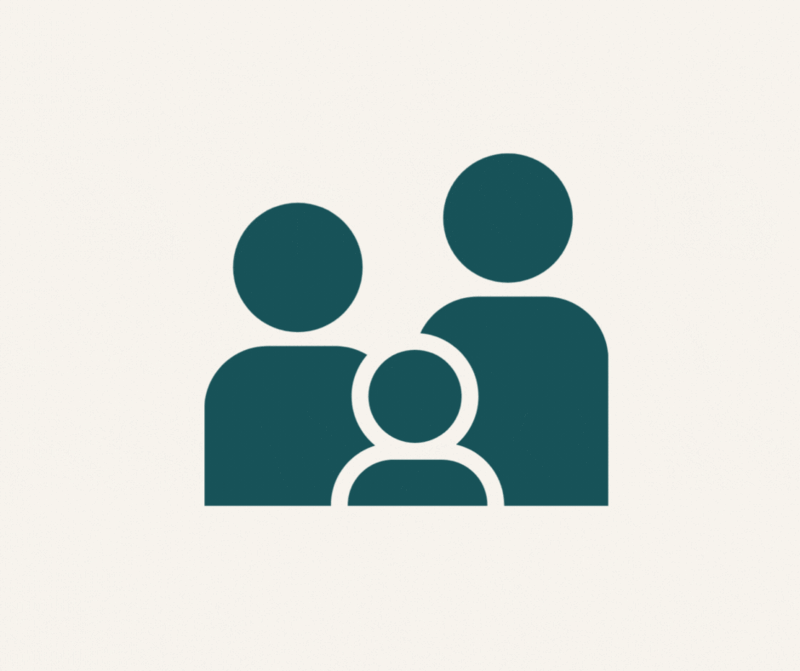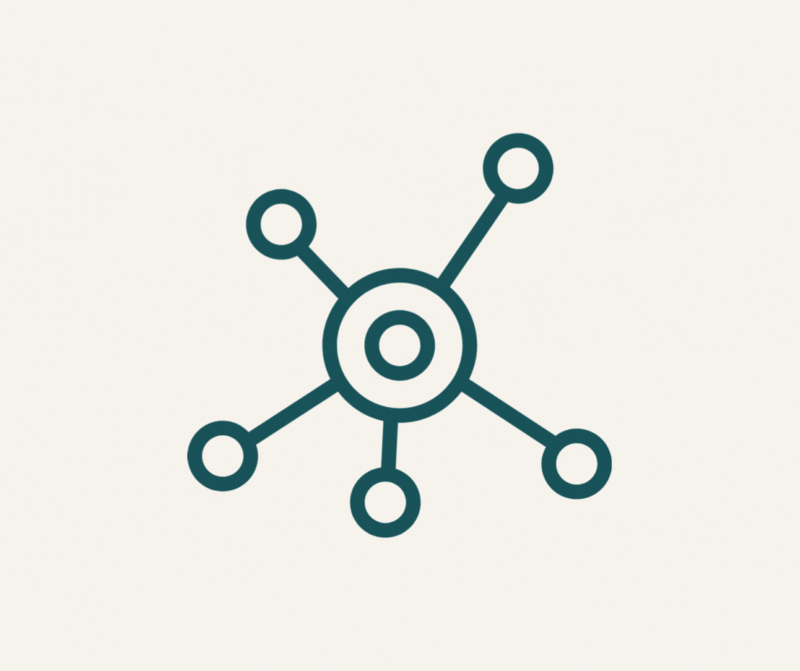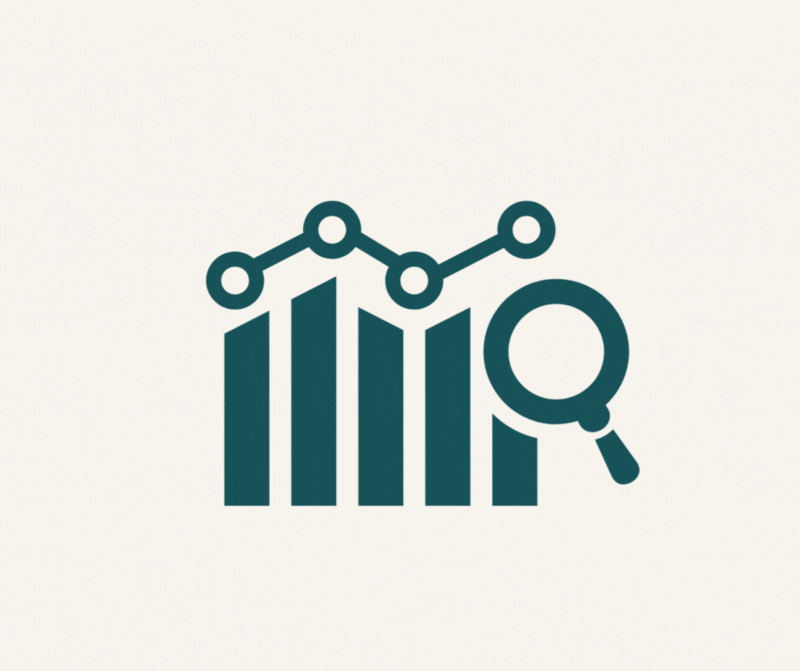What is the Global Family Reunification Network?
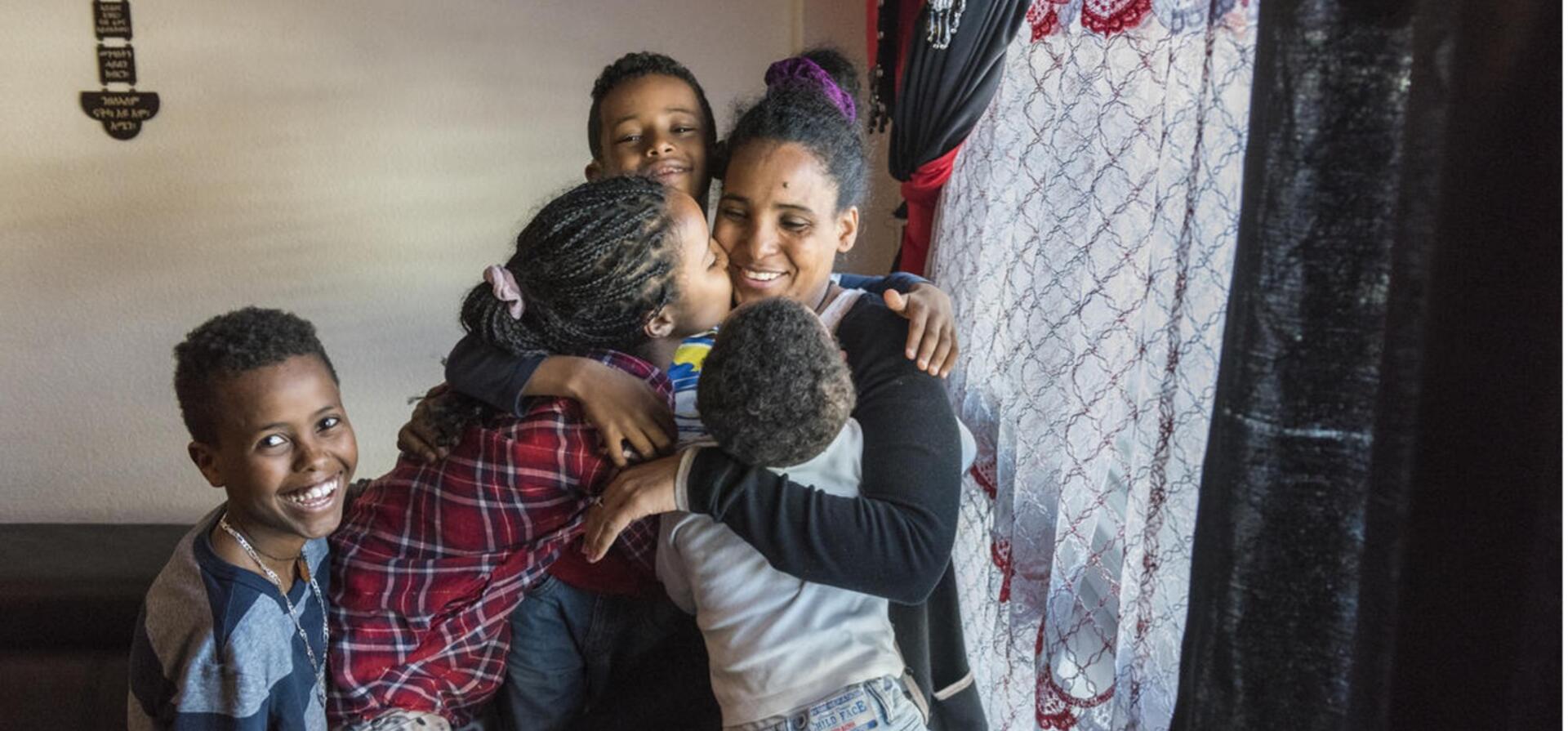
What is the Global Family Reunification Network?
Ermias and Ksanet were torn apart from their mom and youngest siblings when they fled conflict in Eritrea. After four years of separation, the family is reunited in Switzerland. © UNHCR/Mark Henley
What is the Global Family Reunification Network?
The Global Family Reunification Network (FRUN) is the first global platform devoted to family reunification for refugees and other beneficiaries of international protection.
Launched in December 2020, the FRUN draws together key stakeholders, experts and academics in the realm of family reunification with the collective purpose of promoting and facilitating greater access to family reunification procedures.
The FRUN provides States and other relevant stakeholders with a common space for advocacy, sharing good practices and exchanging ideas, promoting State-to-State engagement, capacity building and resourcing of relevant operational actors, testing pilot programmes and information sharing.
What we do?
Our objectives
Expand opportunities
Increase access to family reunification in line with the multi-stakeholder Third Country Solutions for Refugees: Roadmap 2030.
Promote outcomes
Promote family reunification outcomes–strengthen quality and delivery through joint technical and operational collaboration.
To achieve these objectives, the FRUN:
- Creates a forum for States and organisations to exchange information, experience, challenges and good practices, and identify practical solutions to improve access to family reunification for refugees;
- Advocates and informs policy and States procedures and standards;
- Strongly advocates for improving data collection to fully understand needs and monitor practices, aiming to ensure adequate reporting on family reunification against the goals of the GCR and the Roadmap;
- Reviews guidance on family reunification, based on supranational and national case law, refugee testimonies and field experience;
- Engages in direct exchanges with operations and partners, and highlights good practices to overcome key barriers to family reunification;
- Studies the outcomes and supports the developments of tools, mechanisms and pilot projects in various countries;
- Fosters cooperation and considers launching additional programmes and partnerships to facilitate access refugees’ to family reunification.
Our activities
- The FRUN hosts an in-person Annual Conference for its global membership as an opportunity to discuss progress made, identify challenges and focus on planning;
- Throughout the year, the FRUN hosts online information sessions on thematic areas or as a response to global events and emergencies;
- A States-only subgroup meets annually with interim online sessions;
- Members of the Advisory Group represent the FRUN at various events to promote accessible family reunification procedures;
- To promote legislative reforms and build sustainable support systems for refugee families, the FRUN is assisting in the development of pledges ahead of the Global Refugee Forum 2023.
Why we do it
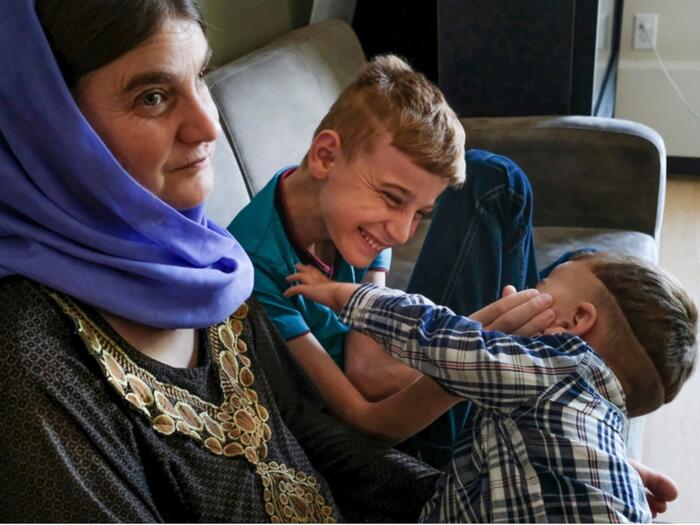
Iraqi boy, Emad, plays with his brother after being reunited with his family in Canada.
Why we do it
Everyone has a right to family unity and family life. In the Global Compact on Refugees (GCR), States committed to “facilitate effective procedures and clear referral pathways for family reunification”. GCR Objective 3 called for expanding access to third-country solutions including family reunification and mandated the development of the Three-Year Strategy 2019 – 2021 on resettlement and complementary pathways (the Strategy). Launched in 2019, the Strategy called on States to provide and promote access to family reunification for refugees as one of its primary goals. This position was reiterated in the next phase of the Strategy, the Third-Country Solutions for Refugees: Roadmap 2030, launched in 2022.
Refugee-specific family reunification procedures based on relevant State obligations exist in most countries. However, often these procedures remain inaccessible to refugees due to administrative and financial barriers, including documentation requirements, difficulty accessing embassies and consulates, application fees, travel costs and lack of information and assistance.
To jointly seek ways of making family reunification more accessible to refugees, the FRUN was created in the auspices of the GCR and the Strategy to optimise, coordinate, promote, advocate and ensure support for refugee families globally.
Are you a refugee looking to reunite with your family in another country?
- Consult the government website of the relevant country;
- Visit help.unhcr.org and consult the relevant country page for information on eligibility, procedures and available support;
- Check the FRUN Advisory Group member websites for resources and guidance on family reunification procedures.

